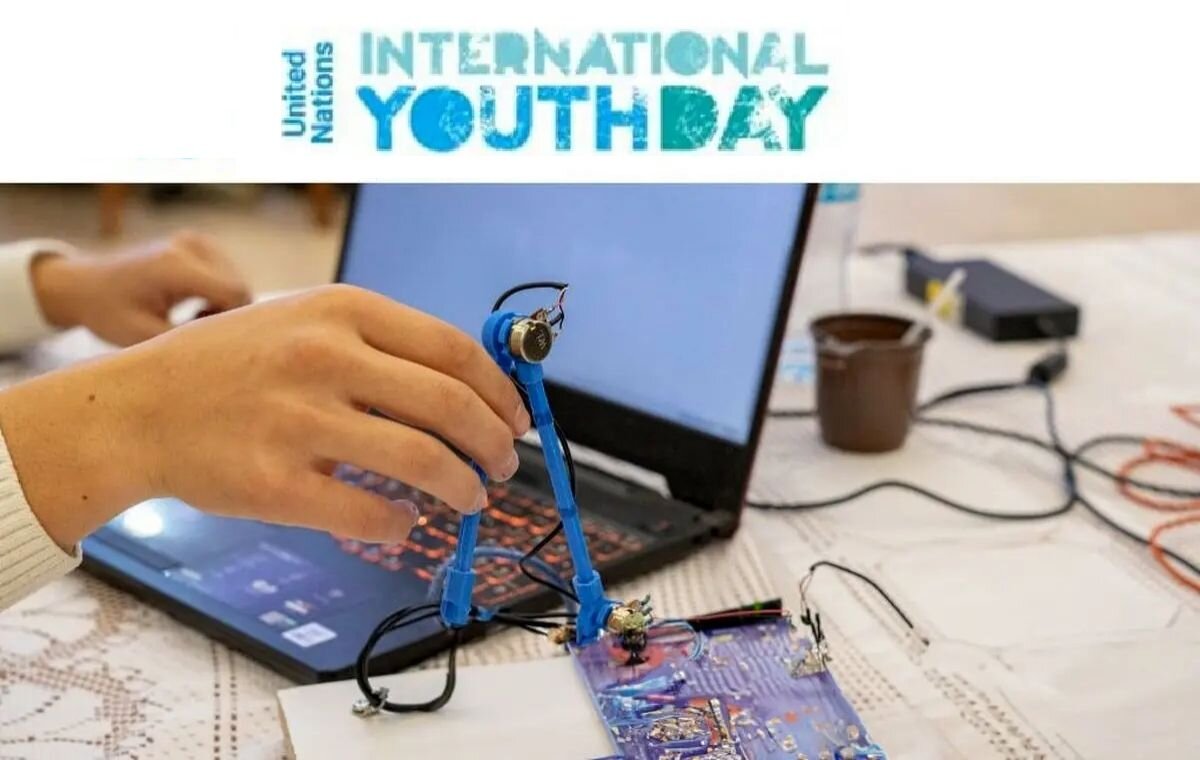Youth’s digital contributions essential for sustainable development

TEHRAN –Observed every year on August 12, International Youth Day highlights the contribution of youths to the development of society.
This year, the day was observed under the theme of ‘From Clicks to Progress: Youth Digital Pathways for Sustainable Development’.
Youth are largely recognized as ‘digital natives’ using technology to drive change and create solutions, and digital technologies such as mobile devices, services, and artificial intelligence are instrumental in advancing the Sustainable Development Goals (SDGs).
Digitalization is transforming our world, offering unprecedented opportunities to accelerate sustainable development.
Data generated from digital interactions supports evidence-based decision-making. With a profound impact across economic, social, and environmental dimensions, digital technologies and data contribute to at least 70 percent of the 169 SDG targets while potentially reducing the cost of achieving these goals by up to USD 55 trillion.
Young people are leading the charge in digital adoption and innovation, with three-quarters of those aged 15 to 24 using the internet in 2022, a rate higher than other age groups.
However, disparities persist, particularly in low-income countries and among young women, who often have less access to the internet and digital skills compared to their male counterparts. While there is an urgent need to enhance digital inclusion.
As the 2030 deadline for the SDGs approaches, the role of young people in digital innovation is essential for addressing global issues.
By celebrating the digital contributions of youth, we can inspire further innovation and collaboration towards achieving sustainable development.
Youth support
On the occasion of the second national youthful population award on May 18, late President Ebrahim Raisi underscored the need for the implementation of the ‘Law on Family and Youth Support’ and urged the responsible authorities to follow up on enforcing the law.
The late president also stressed that the government has to provide facilities and incentives, such as housing, and loans for marriage, having children, and employment.
“The government bodies should evaluate and identify the accomplishments, as well as failures and shortcomings quarterly. Then by checking the outcomes at the end of the year, they can decide on further actions to be taken,” the president highlighted.
The issue of the youthful population is the source of power, wealth, and assets for the country and prevents the aging of the country ensuring its growth.
The official went on to laud measures taken by the health ministry regarding the expansion of medical centers, free treatment of infertile couples and children under seven years of age, and solving nutritional problems of families.
He stressed the need to continue providing similar services.
In the end, highlighting the role of media and educational centers, the president stated that the success of the ‘Law on Family and Youth Support’ depends on both government agencies and public participation.
